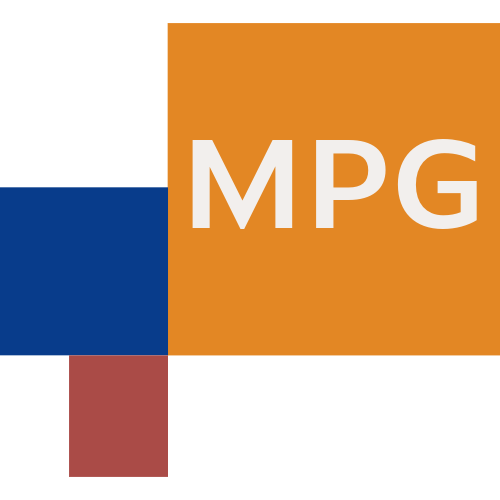menu
menu
Menu
cancel
- arrow_back_iosBacknavigate_nextpersonPersonal
- groupCommunities
- articleBlogs
- eventEvents
- sourceTemplates
- question_answerQuestions
- schoolLearning
- business_centerBusiness
- live_helpFAQ
What are the common challenges in selecting and implementing metrics that accurately reflect performance, and how can these challenges be mitigated?
In what ways can data visualization techniques enhance the interpretation and communication of key performance metrics to stakeholders and decision-makers?
How do international reporting standards, such as the International Financial Reporting Standards (IFRS), impact the consistency and comparability of financial statements across different countries?
What role do communication standards, like the Generally Accepted Accounting Principles (GAAP), play in ensuring transparency and accountability in corporate financial reporting?
How can organizations effectively implement and adhere to environmental, social, and governance (ESG) reporting standards to enhance stakeholder communication and meet regulatory requirements?
What are the key components that should be included in an effective anti-corruption policy to ensure transparency and accountability within an organization?
How can governments and organizations measure the effectiveness of their anti-corruption policies, and what metrics or indicators should be used in this evaluation process?
In what ways can technology and digital tools support the implementation and enforcement of anti-corruption policies, and what challenges might arise from their use?
**How does real-time monitoring improve the decision-making process in various industries, and what are the key technologies used to implement this capability effectively?
2. **What are the potential challenges and limitations of real-time monitoring systems, particularly in terms of data security, scalability, and integration with existing IT infrastructure?
